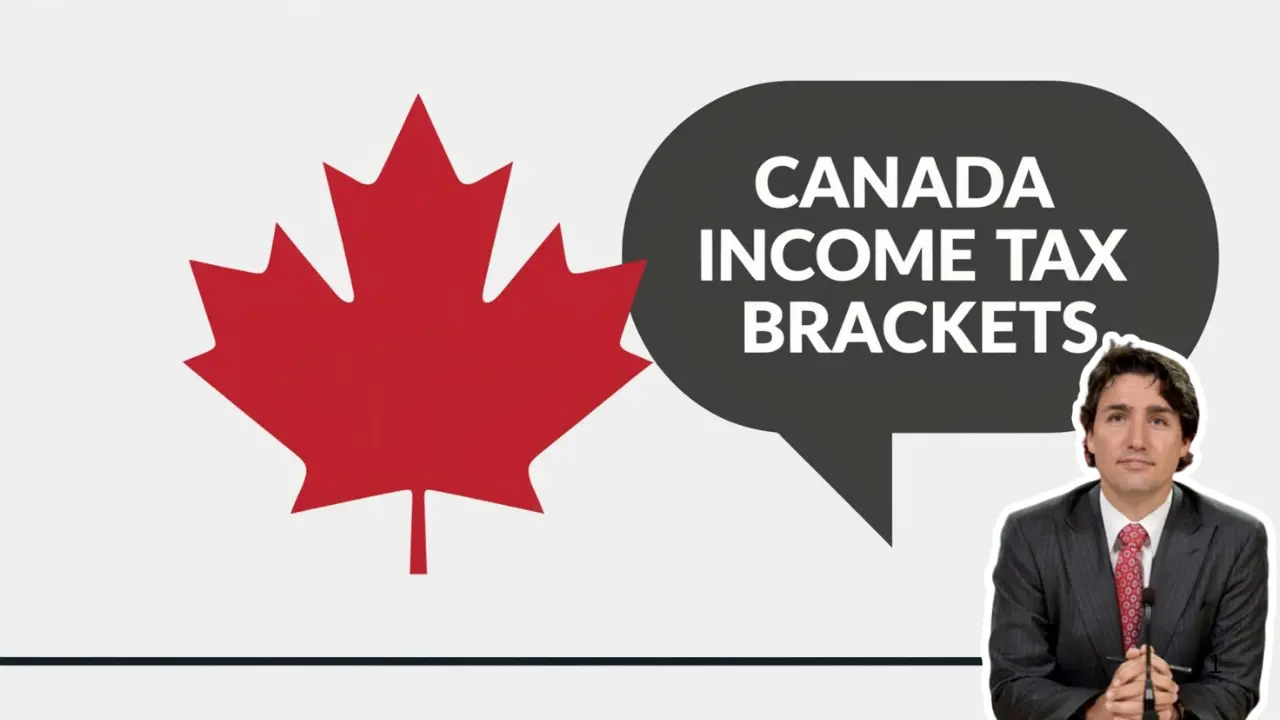As the year winds down, it’s a great time to start thinking about your taxes for 2024. Understanding the combined federal and provincial tax brackets can help you estimate your tax bill and even find ways to reduce it. While taxes may seem complex, with the right strategies, you can manage them effectively and even save money.
How Canada’s Progressive Tax System Works
Canada operates on a progressive tax system, meaning the more you earn, the higher the percentage of tax you pay—only on the income that exceeds certain thresholds. Think of it like climbing a set of stairs: the higher you go, the more you pay, but only for the income that moves you into a new tax bracket.
For example, if you earn $80,000, you’ll pay 15% tax on the first $55,867, and then 20.5% on the remaining $24,133. This approach ensures fairness while providing opportunities to reduce your taxable income.
Federal Tax Brackets for 2024
Canada’s federal tax system for 2024 is divided into five brackets. Here’s a breakdown:
| Income Range | Tax Rate (%) | Max Tax in Bracket | Cumulative Max Tax |
|---|---|---|---|
| Up to $55,867 | 15% | $8,380.05 | $8,380.05 |
| $55,867 – $111,733 | 20.5% | $11,452.53 | $19,832.58 |
| $111,733 – $173,205 | 26% | $15,982.72 | $35,815.30 |
| $173,205 – $246,752 | 29% | $21,328.63 | $57,143.93 |
| Over $246,752 | 33% | Varies with income | Varies with income |
For instance, if you earn $90,000, your total federal tax liability will be $14,693.96, based on these rates.
Provincial Tax Brackets for 2024
Each province and territory in Canada has its own set of tax brackets. Here’s a look at how the tax system works in some of the major provinces for 2024:
- Alberta
- Up to $148,269: 10%
- Over $355,845: 15%
- Ontario
- Up to $51,446: 5.05%
- Over $220,000: 13.16%
- Quebec
- Up to $51,780: 14%
- Over $126,000: 25.75%
Because provincial tax rates vary significantly, it’s crucial to factor them in when estimating your overall tax bill.
Tax-Saving Strategies for 2024
Now that you understand the tax brackets, let’s talk about strategies that can help reduce your taxable income and save you money:
- Contribute to an RRSP: Contributions to a Registered Retirement Savings Plan (RRSP) are tax-deductible, meaning you can lower your taxable income while saving for retirement. The more you contribute, the less tax you’ll pay this year.
- First Home Savings Account (FHSA): If you’re a first-time homebuyer, you can take advantage of the FHSA. Contributions are tax-deductible, and withdrawals for purchasing a home are tax-free.
- Charitable Donations: Donating to registered charities not only helps a cause but can also earn you tax credits. For donations above $200, you could claim up to 29% in federal tax credits, plus additional provincial benefits. Donating securities, like stocks, can also reduce capital gains tax.
- Tax Credits: Don’t overlook credits like the Basic Personal Amount (set at $15,705 for 2024), childcare expenses, and medical expenses. These credits can significantly reduce the amount of tax you owe.
Final Thoughts
Knowing the federal and provincial tax brackets is crucial for effective financial planning. By understanding how much you could owe and using tax-saving strategies like RRSP contributions and charitable donations, you can lower your taxable income and keep more money in your pocket. Start planning now to ensure that you take full advantage of every opportunity for savings.
FAQs
1. What are Canada’s federal tax rates for 2024?
Federal tax rates range from 15% to 33%, depending on your income.
2. Do provinces have different tax rates?
Yes, each province has its own set of tax brackets, so your total tax bill will depend on where you live.
3. How can RRSPs help reduce taxes?
Contributions to an RRSP are tax-deductible, meaning they reduce your taxable income and lower the amount of tax you pay.
4. What is the First Home Savings Account (FHSA)?
It’s a savings tool for first-time homebuyers that allows tax-deductible contributions and tax-free withdrawals for home purchases.
5. Are charitable donations tax-efficient?
Yes, donations to registered charities can reduce your tax liability through tax credits and reduce capital gains taxes when donating securities.



